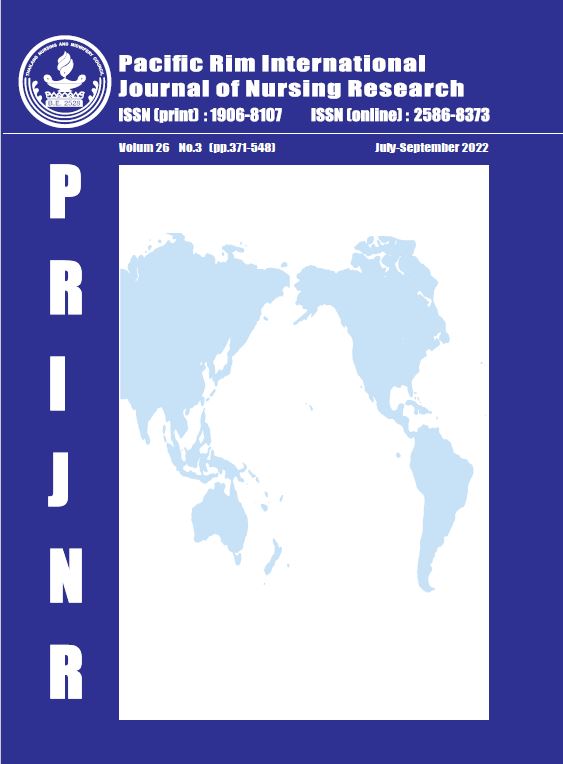Investment in Nursing is Critical for the Health of the World: We Need 6 Million Additional Nurses
Keywords:
Substitute with Nursing Attrition, Health, nvestment, Jobs, Nursing Leadership, Nursing, Nursing Education, Nursing ShortagesAbstract
There is no doubt that nursing has made great strides in recent years, and nurses have more than proved their worth and commitment during the recent COVID-19 pandemic. However, the profession is under threat and it is doubtful if nurses can help meet the Sustainable Development Goals without substantial government investment. The 2020 State of the World’s Nursing report by the World Health Organization evidenced that, by 2030, there will be a critical global shortage of 5.7 million nurses. Many nurses are burnt out and exhausted by their work, and the threat of greater attrition is real because of the pandemic. There are vast inequities in the numbers of nurses in various regions of the world, especially in low- and middle-income countries. Major investment in nursing by governments needs to occur to enable millions more nurses to graduate and to ensure positions for them are established and sustained. It is clear that nurses around the world need to collaborate and work closely across borders and regions to gather evidence about the profession to inform policy and investment decisions. Nursing leaders and educators have key roles to play to help overcome nursing shortages
References
World Health Organization. State of the world’s nursing. 2020. Geneva: WHO. [cited 2021 Dec 10]. Available from:https://www.who.int/publications/i/item/9789240003279
International Council of Nurses. Health is a human right that cannot be delivered without nurses. Press Release, International Council of Nurses. 2021 December 9 [cited 2021 Dec 11]. Available from: https://www.icn.ch/news/health-human-right-cannot-be-deliveredwithout-
nurses-international-council-nurses
Lopez V, Anderson J, West S, Cleary M. Does the COVID-19 pandemic further impact nursing shortages? Issues Ment Health Nurs. 2021; Sept 29: 1-3. doi:10.1080/01612840.2021.1977875.
d’Ettorre G, Ceccarellie G, Santinelli L, Vassalini P, Innocenti GP, Alessandri F, et al. Post-traumatic stress symptoms in healthcare workers dealing with the COVID-19 pandemic: a systematic review. Int J Environ Res Public Health [Internet]. 2021;18:601. https://doi.org/10.3390/ijerph18020601
Ford M. Union leader and NHS staff targeted with ‘vile abuse’ over Covid-19 vaccines. Nurs Times. [cited 2021 Dec 11]. Available from: https://www.nursingtimes.net/news/coronavirus/union-leader-and-nhs-staff-targetedwith-vile-abuse-over-covid-19-vaccines-02-08-
/
Royal College of Nursing. Fair pay for nurses timeline. [cited 2021 Dec 14]. Available from: https://www.rcn.org.uk/get-involved/campaign-with-us/fair-pay-fornursing/fair-pay-for-nursing-timeline
Kavanaah JM, Sharpnack PA. Crisis in competency: a defining moment in nursing education. Online J Issues Nurs. 2021;26:1-11. doi:10.3912/OJIN.Vol26 No01Man02.
Downloads
Published
How to Cite
Issue
Section
License
Copyright (c) 2022 Pacific Rim International Journal of Nursing Research

This work is licensed under a Creative Commons Attribution-NonCommercial-NoDerivatives 4.0 International License.
Copyright: The Pacific Rim International Journal of Nursing Research, Thailand Nursing & Midwifery Council has exclusive rights to publish, reproduce and distribute the manuscript and all contents therein.








.png)



